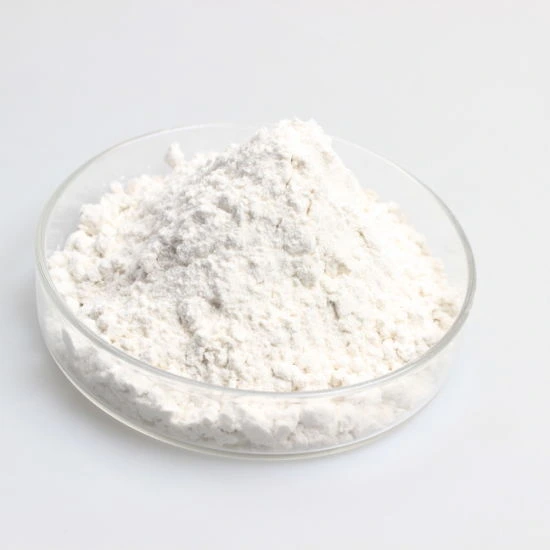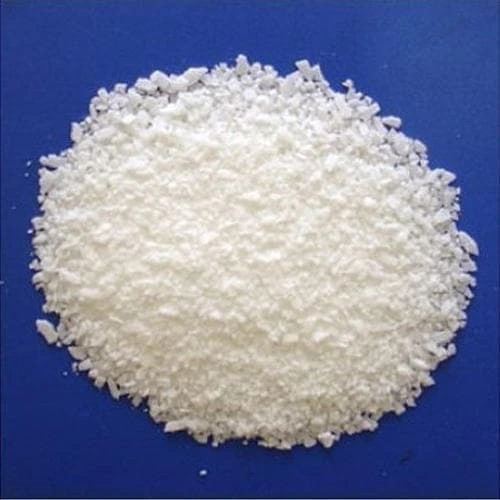Myristic Acid 98% Min
|
IUPAC Name |
: Tetradecanoic Acid |
|
Cas Number |
: 544-63-8 |
|
HS Code |
: 2915.90.20 |
|
Formula |
: C14H28O2 |
Basic Info
|
Appearance Name |
: White Flakes |
|
Common Names |
: Tetradecanoic acid |
|
Packaging |
: 25 Kg Polyethylene Laminated Bag |

.webp)
.webp)


